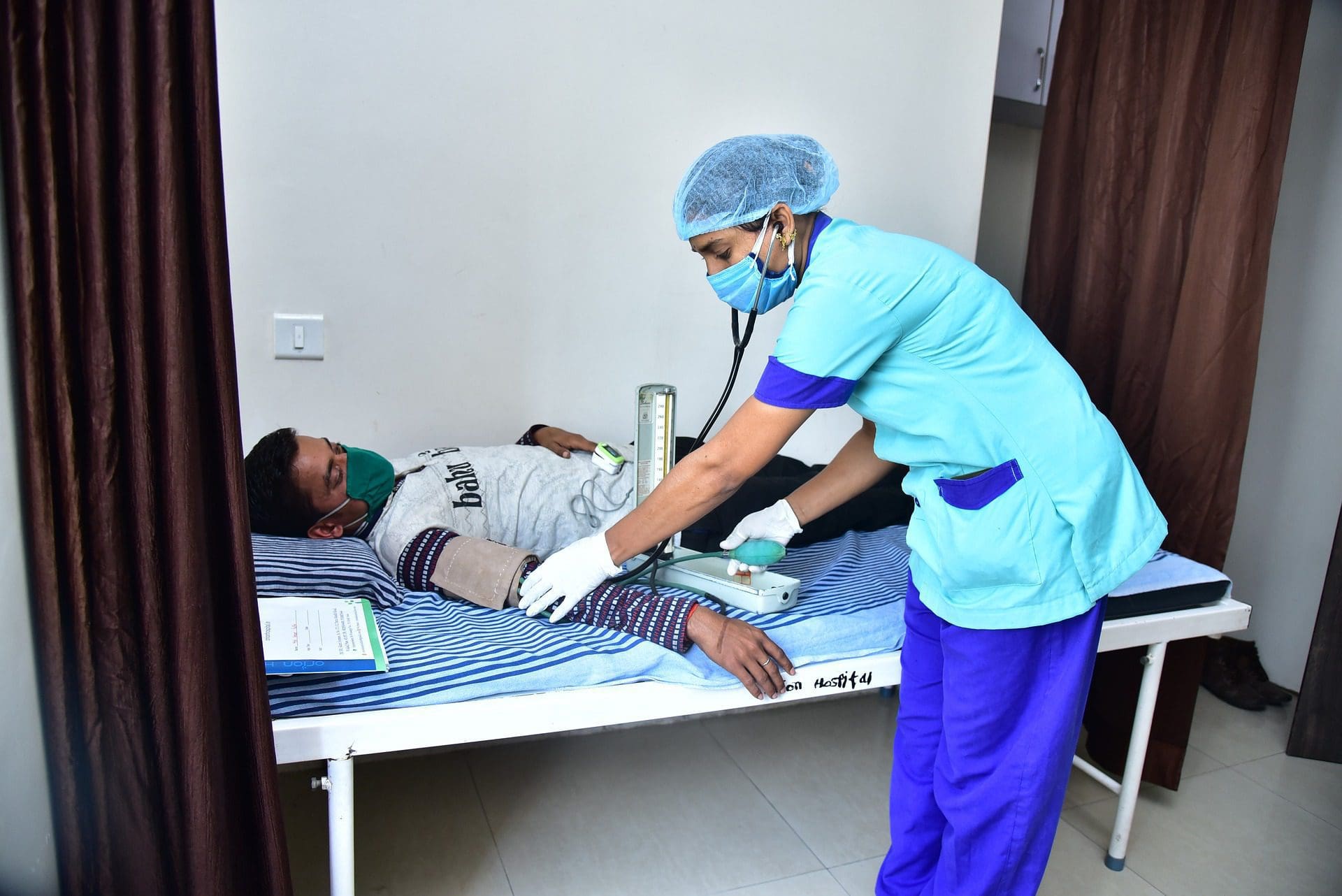Tuberculosis affects millions of people around the world each year. Most infected patients can be cured by following a strict six-month drug regimen, but inappropriate or incorrect treatment can result in multidrug-resistant tuberculosis (MDR-TB).
MDR-TB, which occurs when tuberculosis patients do not complete their initial course of treatment or when their doctors prescribe incorrect or poor-quality medicine, is far more difficult to cure, and it affects approximately 500,000 people per year. An airborne disease, TB can be transmitted when someone who with the disease coughs, sneezes, speaks, or sings.
Lilly had a rich history of addressing MDR-TB and a commitment that dated back to 2003. Investments ranged across a variety of issues, 80 nations, and more than 40 partners. These efforts included the transfer of technology to manufacture two antibiotics for MDR-TB treatment to capable manufacturers in countries with high burdens of the disease. In the third phase of its investments, Lilly sought to strengthen its efforts based on its core expertise and lessons learned from past work, and it hired FSG for support.
After analyzing the situation, FSG recommended that Lilly narrow its geographic focus to four countries that represent more than 60% of the global burden of MDR-TB—China, India, Russia, and South Africa. Representatives from FSG and Lilly traveled to those countries and met existing partners, members of community organizations and government entities, and healthcare workers to understand the greatest challenges in addressing MDR-TB. By examining those needs alongside Lilly’s unique role and specific assets, FSG identified two specific areas where Lilly could focus resources for the greatest impact.
- Improve and expand training and support for healthcare providers, including physicians, nurses, pharmacists, and informal care givers.
- Improve the supply and access to quality-assured medicines to treat MDR-TB.
Following development of the broader strategy, FSG supported the early implementation of Lilly’s work to improve the supply and access to quality-assured medicines. In 2012, the market for second-line medications to treat MDR-TB was small and high-risk; fewer than 5% of active MDR-TB cases were treated by internationally qualified public sector programs. Manufacturers had few incentives to invest and innovate, and the combination of high prices and low supply security prevented the scale-up of effective, high-quality treatment for patients around the world.
FSG worked with a group of key stakeholders that included Lilly, Bill & Melinda Gates Foundation, WHO, UNITAID, Clinton Health Access Initiative, the William Davidson Institute, the World Bank, and others to develop a collaborative effort focused on tackling the most critical bottlenecks to scaling up access to high-quality second-line TB drugs.
About Lilly
Lilly works to discover life-changing medicines and bring them to those who need them, to improve the understanding and management of disease, and to give back to communities through philanthropy and volunteerism.

